John Carpenter's Halloween is one of the seminal horror films. Even though it is surprisingly tame and slow-paced by today's standards, it is nevertheless a masterclass in tension-building. Various aspects of its production have long become iconic, including the character of Michael Myers, the music, the climactic chase sequence, and Dr. Loomis's numerous creepy speeches.
Much has been written regarding Halloween - both regarding the movie itself and its creation. Luckily, fans can voraciously read about its creation and its reception. And, as is often the case with classic movies of its ilk, the story behind Halloween may prove just as interesting as the movie itself.
10 Michael Almost Wore A Clown Mask
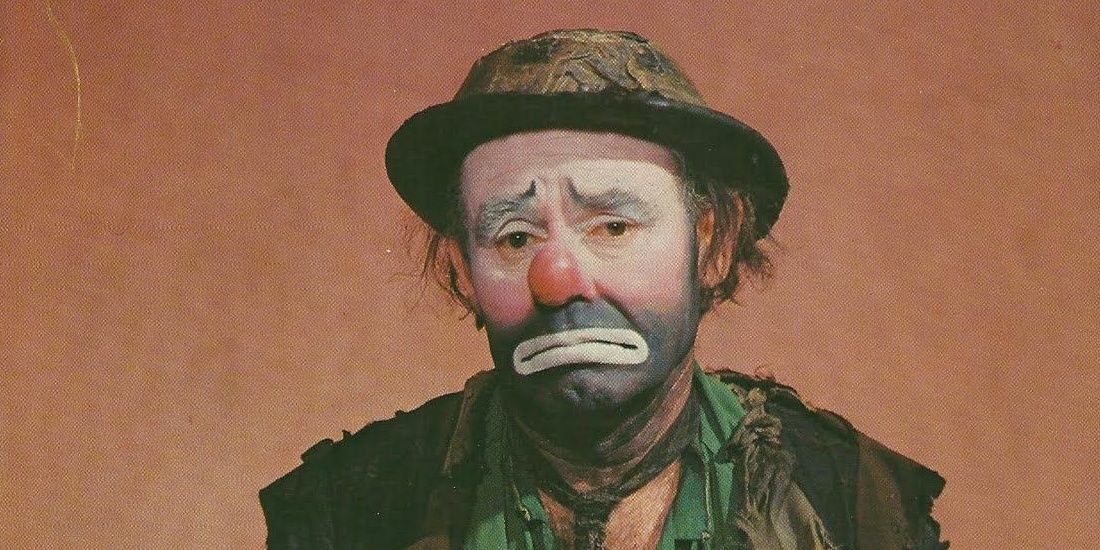
At the very beginning of Halloween, a young Michael Myers murders his older sister in a clown costume. This fact almost led to the adult Myers also donning a clown mask, but this idea was eventually abandoned in favor of the now-iconic Captain Kirk mask. The plan was to give Michael an Emmett Kelly mask with frizzy red hair. Emmett Kelly was a famous circus performer who created a clown character named Weary Willie. However, the filmmakers eventually decided on the Captain Kirk mask owing to its mysterious and emotionless manner.
9 Christopher Lee Turned Down Dr. Loomis
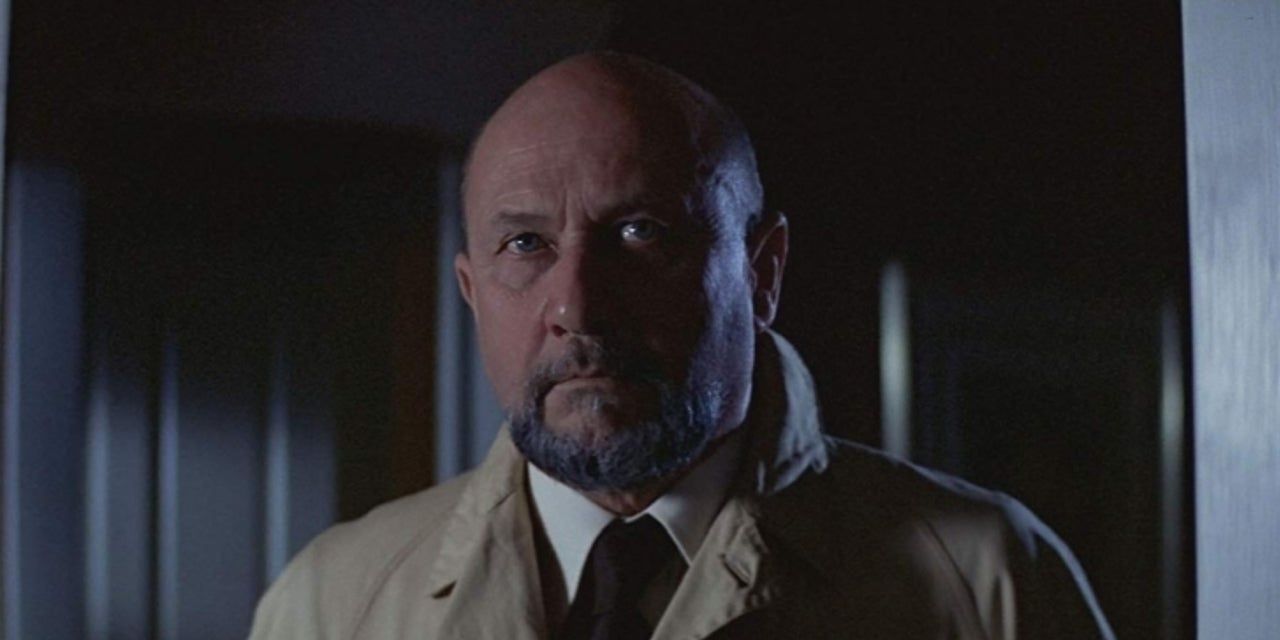
The movie's miniscule $300,000 budget (most of which went to expensive cameras) meant the actors were paid very little for their work. Donald Pleasance, who played Dr. Loomis, was reportedly paid $20,000 - about $80,000 today. That was the most of any actor, as Jamie Lee Curtis received only $8,000. Big names wanted absolutely nothing to do with that pitiful amount, so John Carpenter failed to attain some of the more popular actors he wanted for the movie. Christopher Lee was approached to play Loomis before Donald Pleasance, but he regrettably turned it down.
8 John Carpenter Was Paid Just $10,000
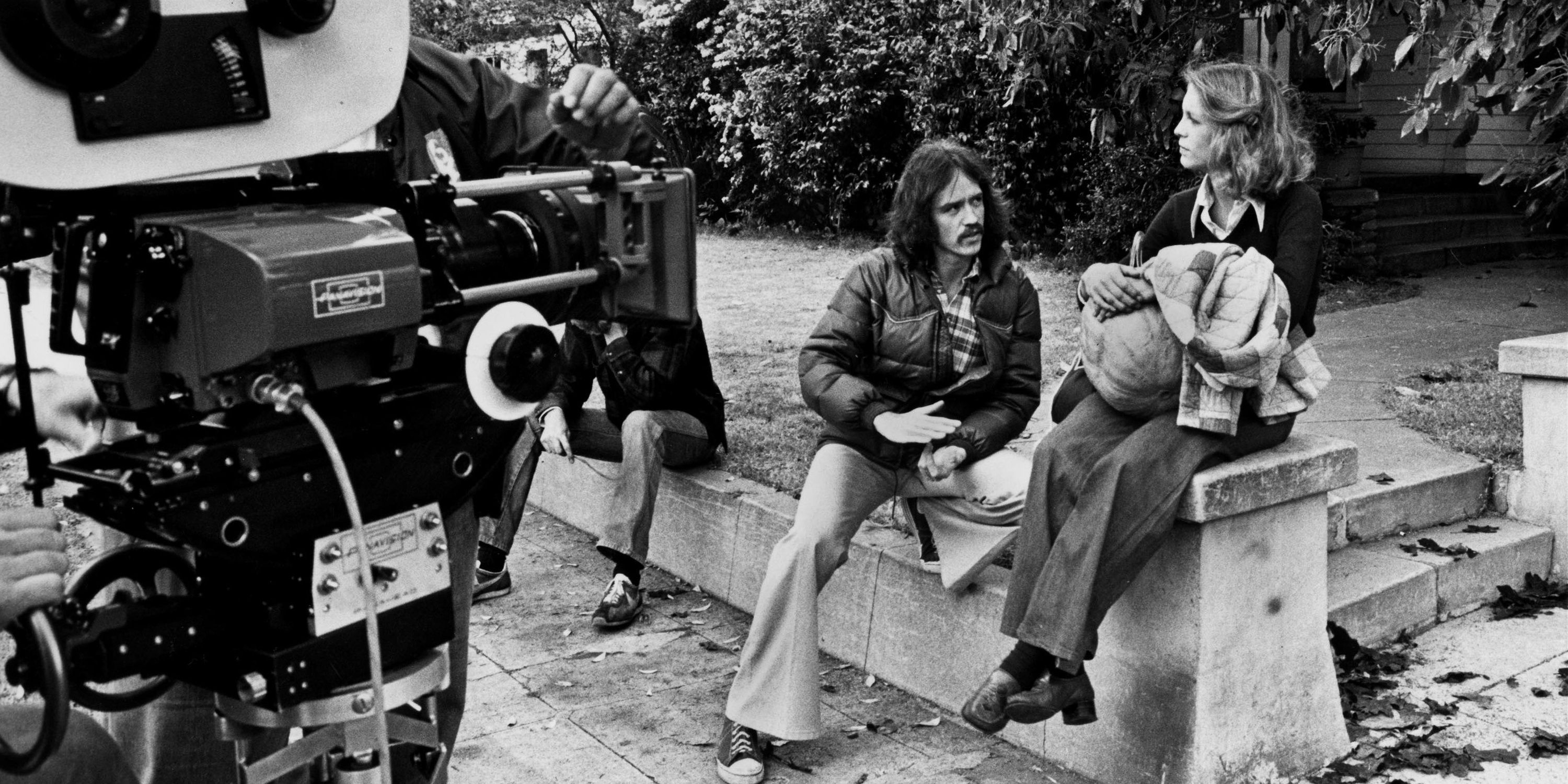
John Carpenter had nearly full creative control over Halloween. While the concept of a killer stalking babysitters was created by producers Irwin Yablans and Moustapha Akkad, Carpenter wrote the screenplay alongside Debra Hill. He also scored the movie's iconic music (in an incredibly rare 5/4 time signature, no less) and served as director. And for all that, he was paid a measly $10,000 - $10,000 less than Donald Pleasance. Today, that amount to equate to roughly $40,000.
7 The Movie Is A Spiritual Sequel To Black Christmas
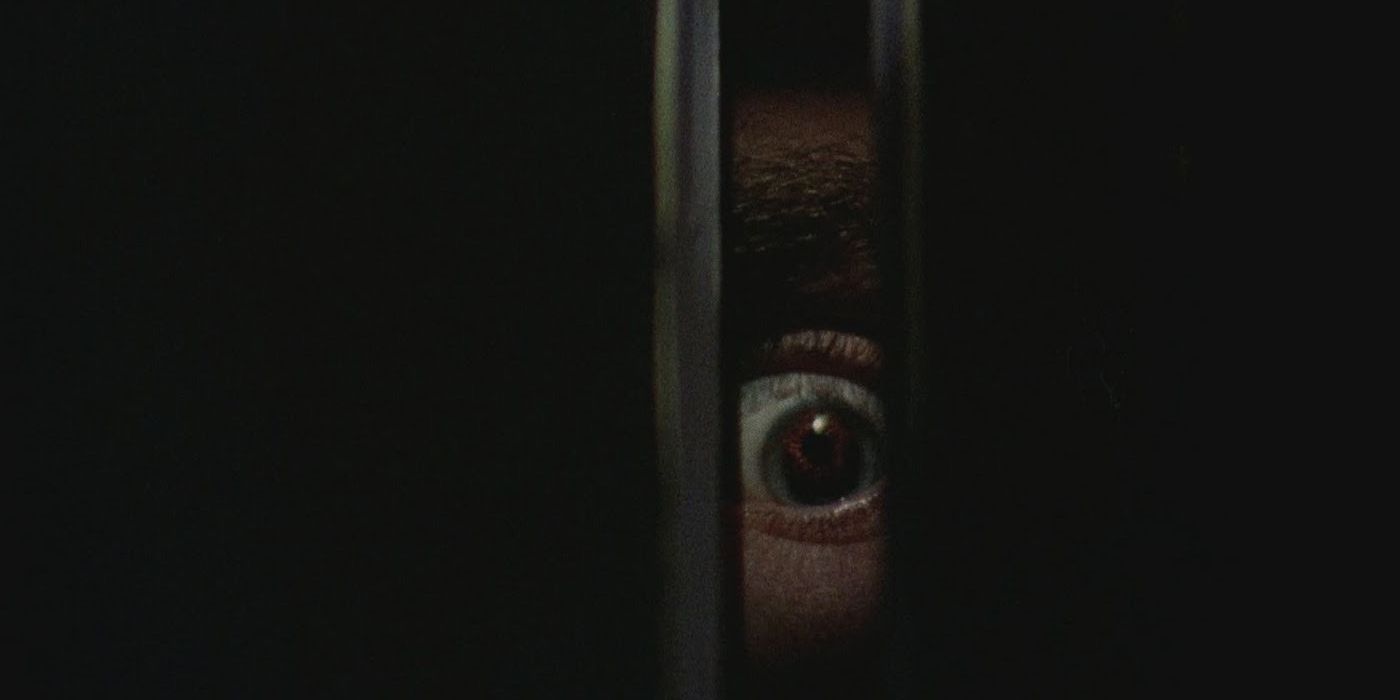
In 1974 - four years before the release of Halloween - Warner Bros. released a slasher movie titled Black Christmas. Often heralded as one of the most influential slashers ever made, Black Christmas concerns a largely unseen serial killer stalking and killing college students.
John Carpenter personally approached the movie's director, Bob Clark, and asked what he would do if he made a sequel. Clark responded, "It would be the next year and the guy would have actually been caught, escape from a mental institution, go back to the house and they would start all over again."
6 The Script Only Took 10 Days To Write
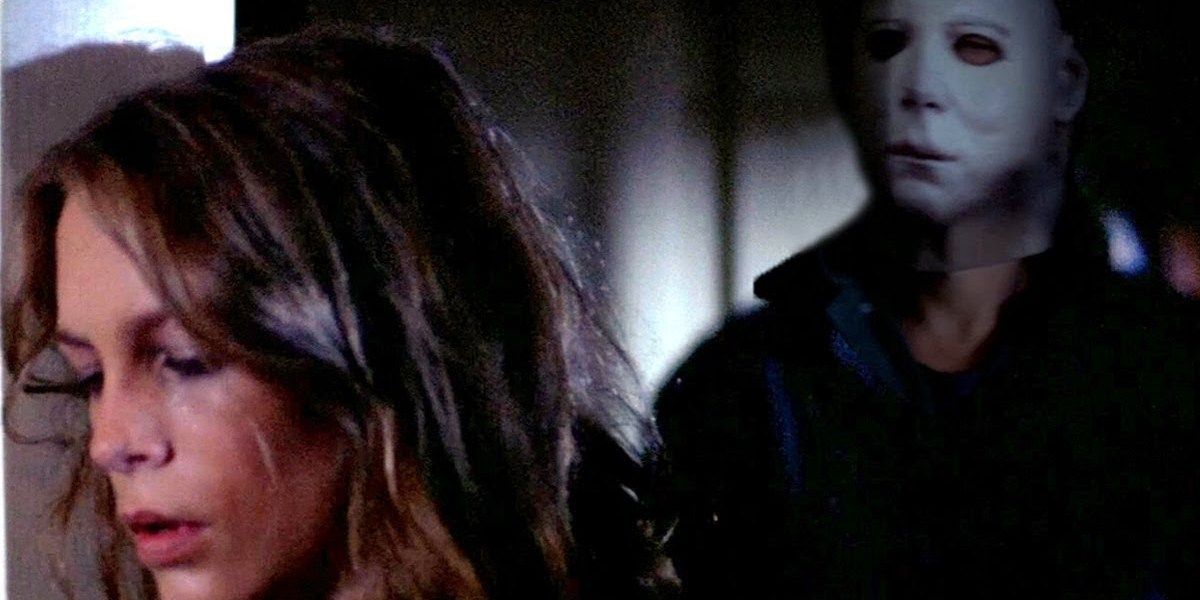
The entirety of Halloween was written in about ten days. Or three weeks, according to co-writer Debra Hill. Either way, it's a very short timeframe for such an iconic film. Hill, Carpenter, and Irwin Yablans (the producer who conceived the idea) all collaborated on story ideas, with Carpenter and Hill doing much of the physical writing. They tag-teamed the script, with Carpenter writing most of Loomis's dialogue and Hill doing the female characters. Hill also happened to work as a babysitter, and she structured much of the babysitting dialogue around her own experiences.
5 Jamie Lee Curtis Was Basically Stunt Cast
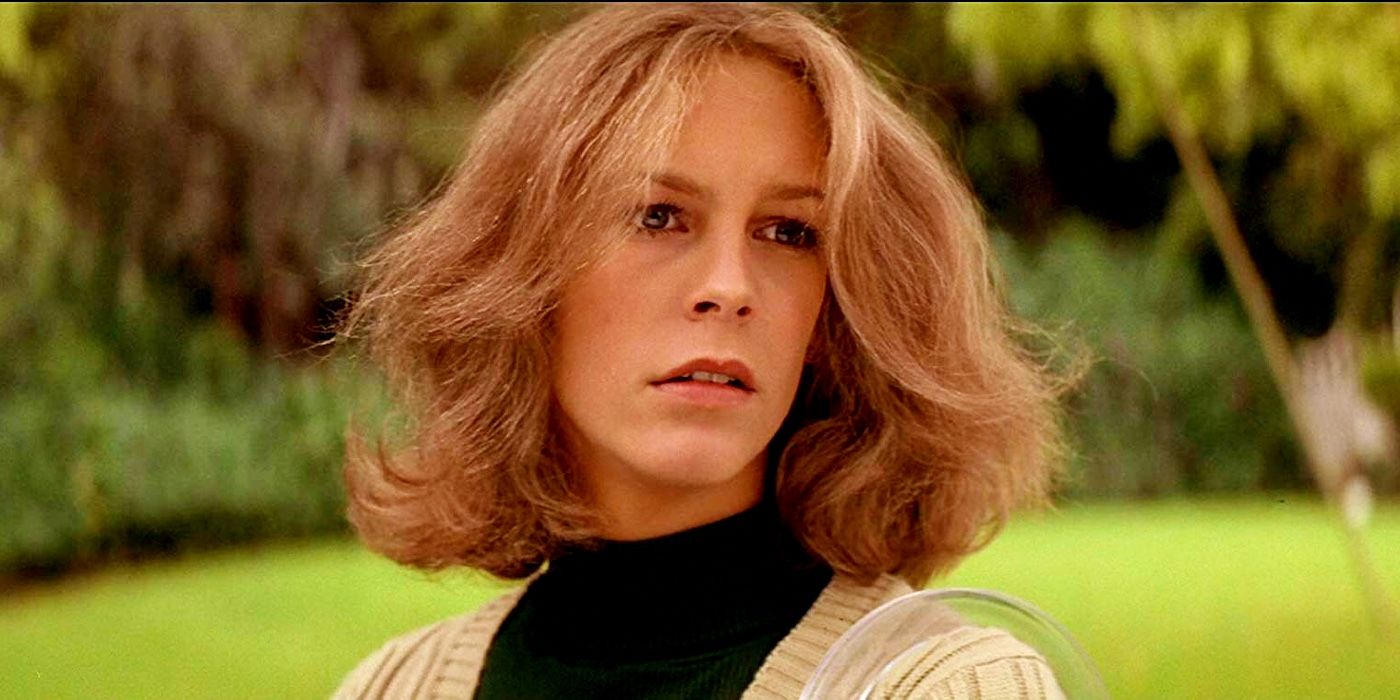
Jamie Lee Curtis made her major film debut in Halloween and quickly became known as the greatest "Scream Queen" in movie history. But if John Carpenter had his way, the role of Laurie Strode would have gone to Anne Lockhart. Lockhart proved too busy with other projects, and Carpenter didn't want to cast the then-unknown Curtis. However, he eventually changed his mind owing to Curtis's relation to Janet Leigh. According to Debra Hill, "I knew casting Jamie Lee would be great publicity for the film because her mother was in Psycho."
4 California In Spring For Fall In Illinois
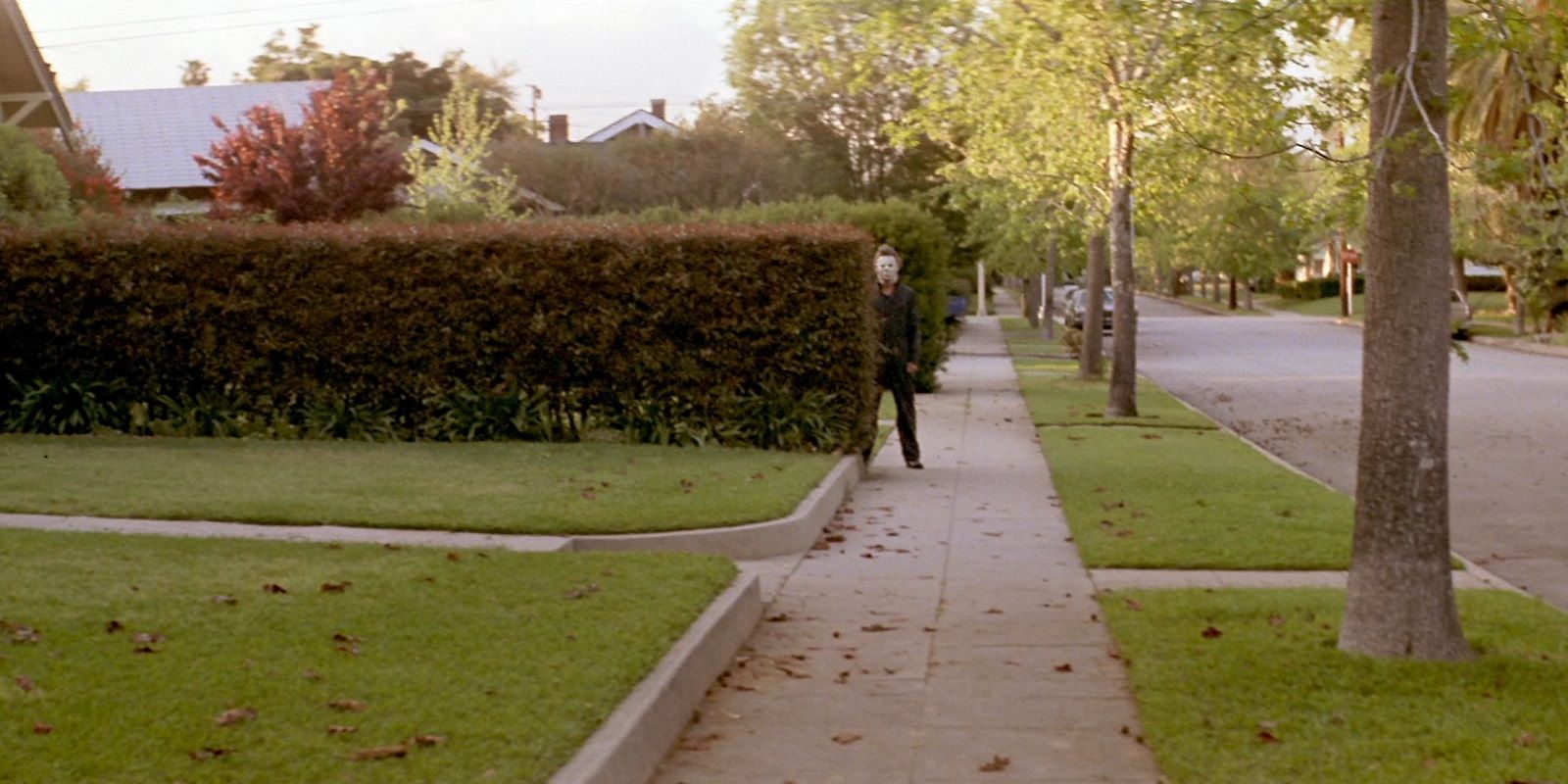
The wonders of movie magic: Halloween was not filmed in Illinois; it wasn't even filmed in the fall. The movie was shot throughout May of 1978 in various locations around California, including South Pasadena, Alhambra, and Sierra Madre.
In fact, the climactic chase sequence was filmed in Hollywood, Los Angeles itself - a street named Orange Grove Avenue directly off Sunset Boulevard. The street was chosen for its relative lack of palm trees. Dried leaves were also scattered on the ground to simulate the look and atmosphere of the midwestern fall season.
3 Michael's Butterfly Collection
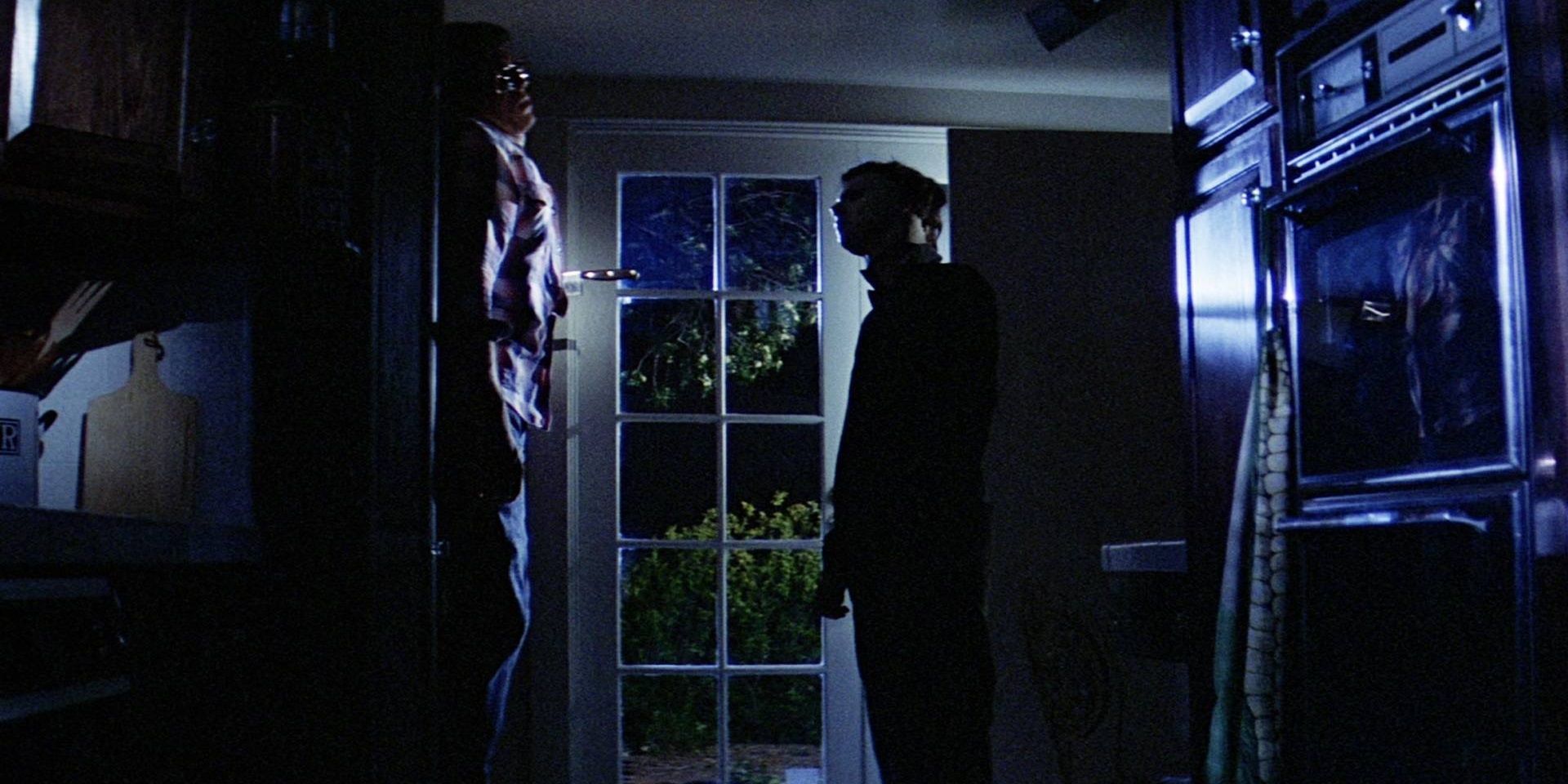
A man named Nick Castle portrayed the masked Michael Myers throughout much of Halloween, although Tony Moran played him in the famous unmasking sequence. John Carpenter failed to direct Castle on most occasions, as he didn't really need to act. Instead, he would simply tell Castle to walk from one location to another in a slow and silent manner. The only direction he received came while filming Bob's murder, as Carpenter told Castle to look at the pinned body like it was an interesting butterfly collection.
2 The Movie Premiered In Kansas City, Missouri
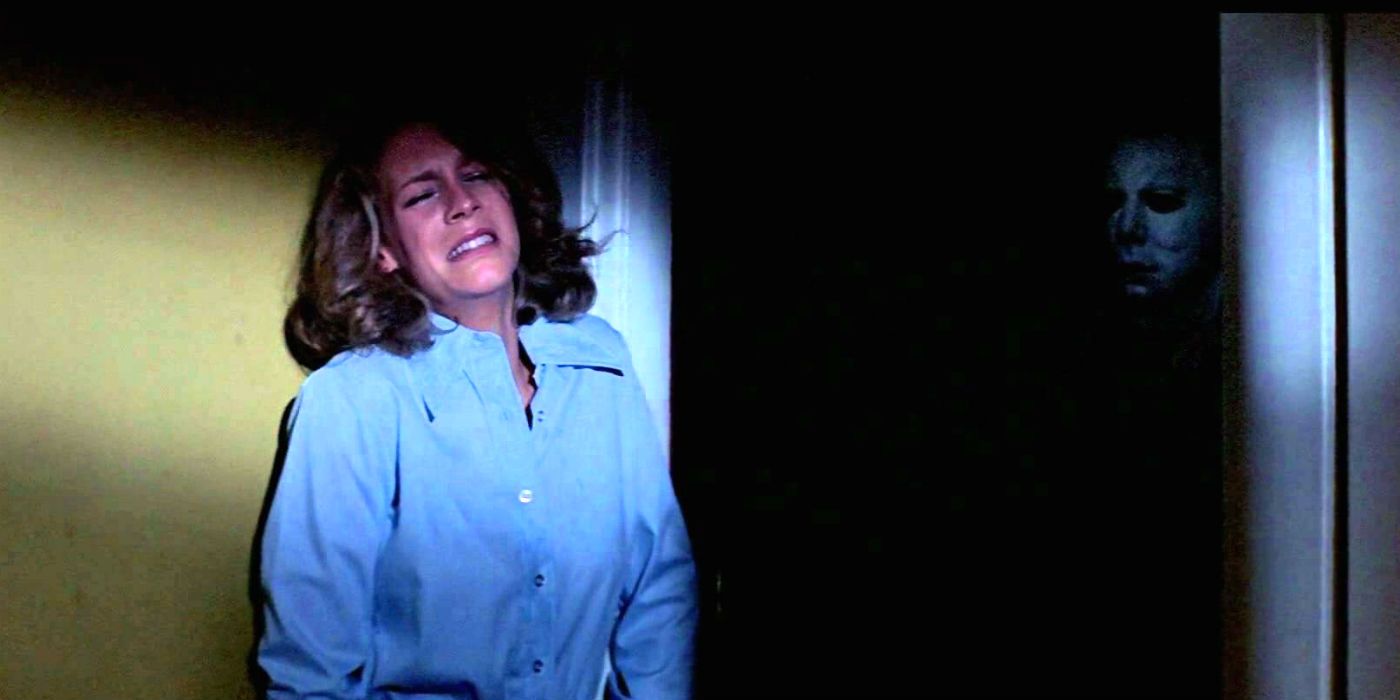
Of all the places, Halloween premiered in Kansas City, Missouri on October 25, 1978. The premiere took place in the city's AMC Empire. Distribution rights were then picked up for Philadelphia and New York City, and Halloween debuted nationwide in 198 theaters. In the first week of November, Halloween grossed $1.2 million, greatly surpassing its $300,000 budget. The movie ended up grossing $47 million at the domestic box office - roughly $190 million today.
1 New Footage Was Filmed For The TV Release
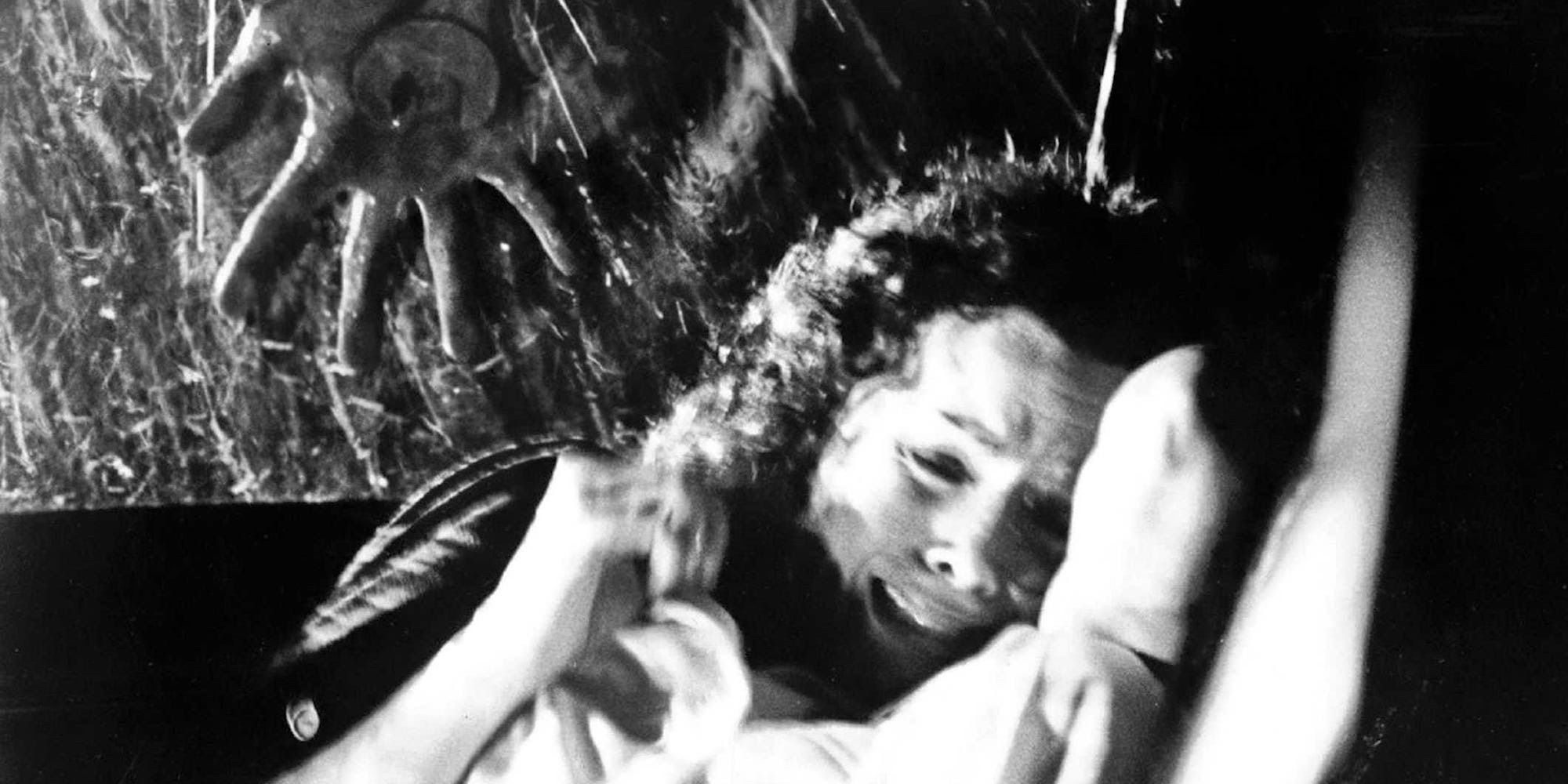
In October of 1981, Halloween made its TV debut on NBC, who had purchased the television rights for $3 million. However, there was a small problem: Halloween was given a two-hour timeslot, even though the movie is a measly 91 minutes long. To fix this particular problem, Carpenter filmed twelve extra minutes of new footage. Most of this footage involved Dr. Loomis, including scenes in which Loomis speaks to a young Michael and examines his cell after the escape. This "extended edition" was later released on DVD.
from ScreenRant - Feed https://ift.tt/30D46El

0 Comments